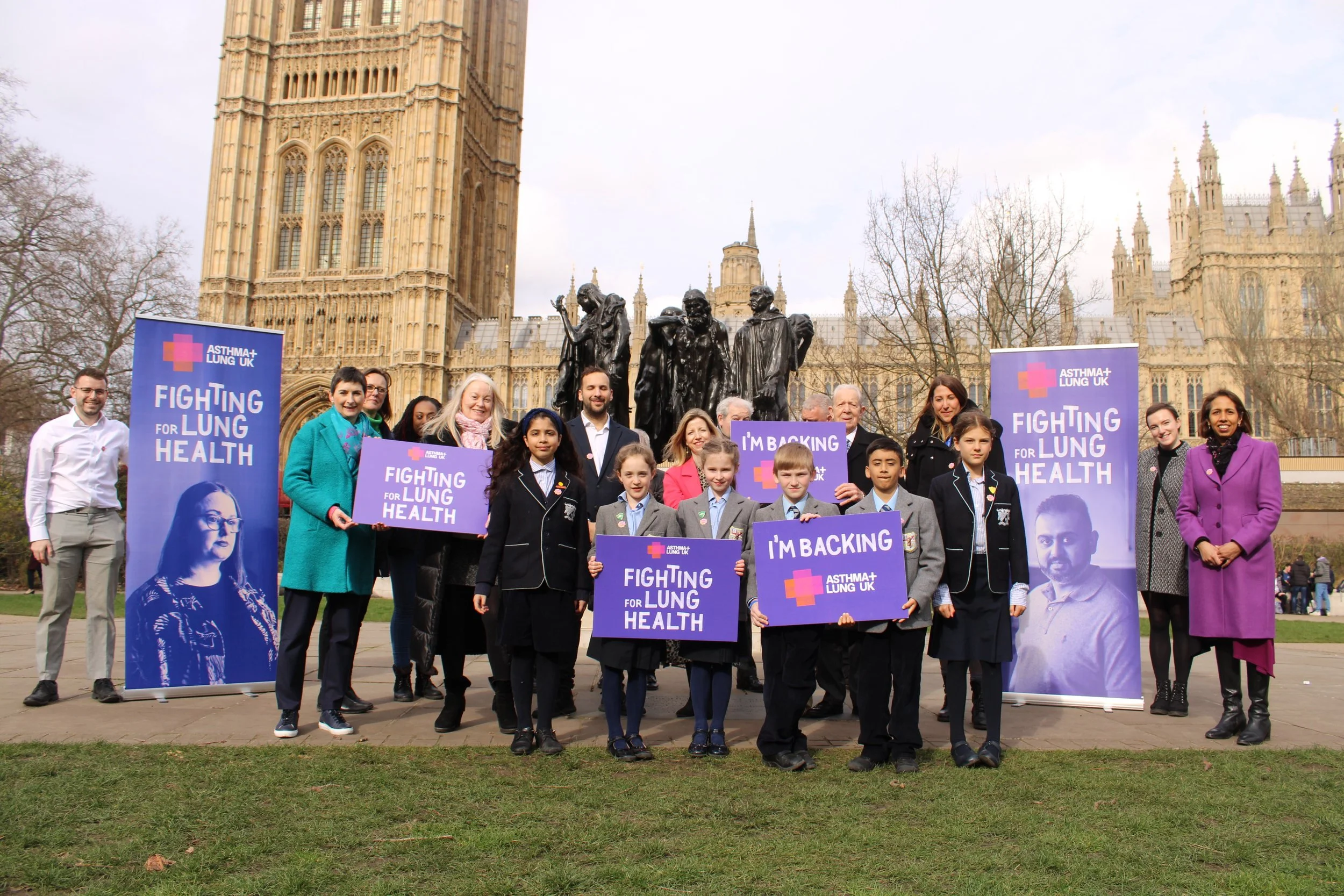Testing the effectiveness of new targeted treatment for patients with mesothelioma
Currently, treatment options for mesothelioma are very limited and don’t work very well. Professor Dean Fennell from the University of Leicester is leading a study to test the effectiveness of a new targeted treatment for patients with mesothelioma. In his blog he explains what mesothelioma is and tells us about his research.
What is mesothelioma?
Mesothelioma is a really unusual cancer. It’s a cancer that is caused by asbestos, a substance that has been used for a millennium, as it has really good insulating properties. This substance is a natural fibre, and when it gets into the body it causes the cancer. It takes several years for it to happen. When it does, very often it causes a cancer that can grow to enormous dimensions in the chest. It can feel like a straitjacket around the lungs. It's really an unpleasant tumour and we have very limited treatments for it.
Current life expectancy on average for people who are diagnosed
Mesothelioma falls into different types, and we would obviously say now that with the latest immunotherapy available, patients may be expected to live for about 18 months or so. That’s increased approximately 6 months from what we’ve been used to for the last decade and a half, with chemotherapy. But a diagnosis of 18 months is still actually terrible. There is a huge amount of work to be done to be able to increase life expectancy.
What makes mesothelioma so difficult
This is a relatively rare cancer compared to other cancers. Our knowledge of the biology of mesothelioma has been lacking partly due to the shortage of good quality research. It’s only recently that we’ve been able to use the ability to look at the genes within the cancer, for example, to understand what makes it tick, and what’s the blueprint that makes a mesothelioma. But we're now in a position to be able to start treating this cancer much more effectively, and that’s where we’ve begun to see these real improvements. I think we’re going to see a lot more exciting interventions, and hopefully extend the survival rates for people living with this cruel disease.
Latest research study that the British Lung Foundation is funding
I’m running a study called NERO, where we’re trying to extend mesothelioma survival rates.
There is the opportunity now with our understanding of the genetics of mesothelioma to find drugs which can target just the cancer and leave the rest of the body alone.
We’ve been studying a drug that is already extremely effective for ovarian cancer and breast cancer. It comes in the form of a tablet and it targets a protein that helps repair DNA, meaning the cancer can survive any damage to the DNA from treatments like chemotherapy.
If this treatment is as effective for mesothelioma as we believe it could be, then we’ll be able to increase the number of choices for every patient – and hopefully increase their life expectancy.
We’ve got cases now where we are seeing positive trials emerge and we hope this is a continuation for that.
We empower people with lung conditions to make changes that can be transformative.
Please donate now to help make sure people with lung conditions can live well this year.








Chloe was diagnosed with asthma as a child. As she got older, her symptoms had completely disappeared. But when she started university, this changed. Here she tells us how getting active has helped her manage her asthma - and changed her life.